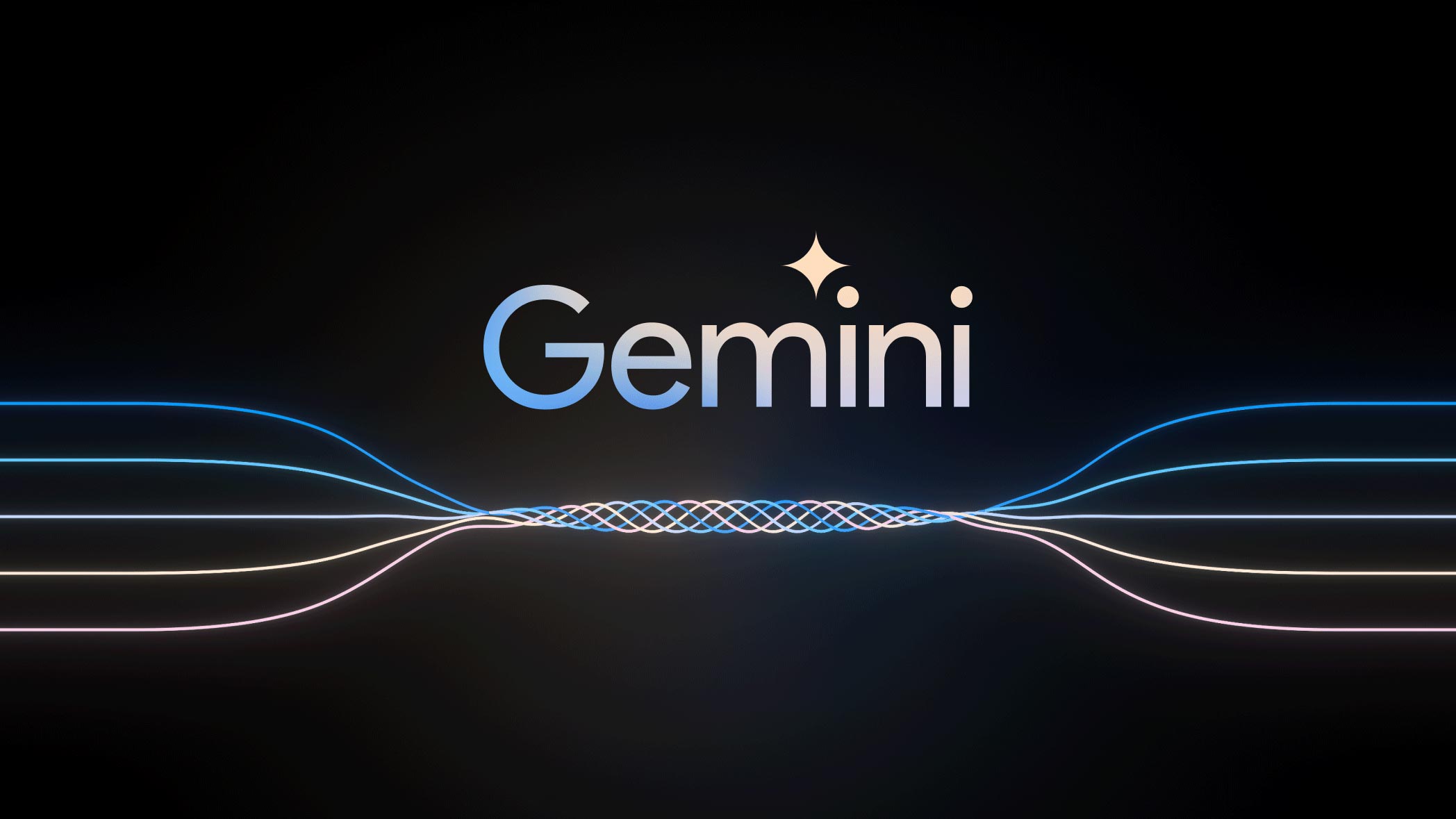Google has announced a temporary halt to the image generation function of its Gemini AI, following reports of historical inaccuracies. The decision came after users on social media raised concerns over the AI tool generating images of historical figures, such as the Founding Fathers of the United States, depicted as people of color. This discrepancy was highlighted as inaccurate by users, sparking a broader discussion on the responsibility of AI in historical representation.
In a statement released on X (formerly known as Twitter) on Wednesday, Google acknowledged the wide range of capabilities of the AI function, emphasizing its general benefit due to its global user base. However, the company conceded that the software feature “misses the mark” in certain respects, particularly in its representation of historical figures. Google’s acknowledgment of the issue reflects an ongoing challenge within the field of artificial intelligence: balancing the technology’s innovative capabilities with the need for accuracy and sensitivity in its outputs.
On Thursday, Google further addressed the issue by announcing its decision to temporarily disable the image-generating feature of Gemini. The tech giant stated its commitment to enhancing the software to avoid similar inaccuracies in the future, promising an “improved” version of the feature to be released soon. This decision marks a significant step in Google’s efforts to refine its AI technologies, ensuring they align more closely with historical facts and societal expectations.
Gemini, which was launched in early February and was previously known as Bard, represents Google’s foray into the competitive world of AI-driven applications. The platform’s recent hiccup comes at a critical time as Google seeks to position itself as a formidable contender against OpenAI, backed by Microsoft. The incident with Gemini’s image generation tool highlights the intricate balance companies must strike in the race to advance AI technologies while ensuring their outputs are accurate, respectful, and culturally sensitive.
During a test conducted by a CNBC reporter on Thursday morning, Gemini failed to generate any images, underscoring the immediate impact of Google’s decision to pause the feature. As the tech giant works on refining Gemini’s capabilities, the incident serves as a reminder of the complex challenges facing AI development, particularly in areas where accuracy and ethical considerations intersect.
Google’s proactive response to the feedback from its user community demonstrates a willingness to address and rectify the shortcomings in its AI offerings.





